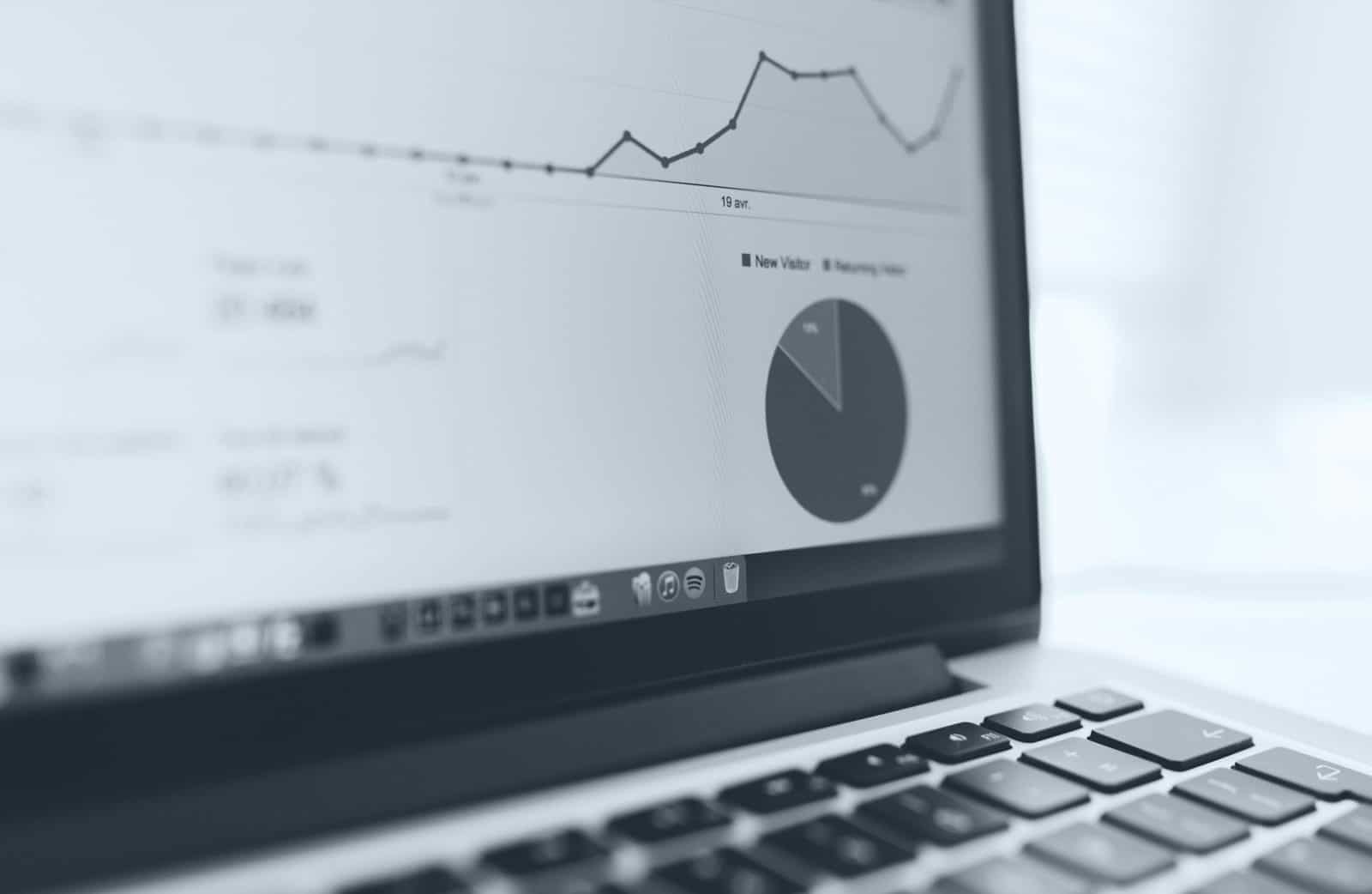
How to Create a Successful Music Marketing Campaign
If you want to spread the word about your music, you need strong marketing strategies. Here you’ll learn how to create a successful music marketing campaign.
You were born to create. Your lyrics invade your every thought. Those often elusive beats haunt your dreams.
While others spend their time watching viral videos on Facebook or binge-watching Stranger Things, you’re working toward something greater. You’re going to turn your passion into a career, get known and get paid.
You’ve got the talent. You’ve got the drive. Now you just have to come up with a plan to make it happen. That’s where music marketing comes in.
Let’s look at how to create a music marketing campaign.
What Is Music Marketing?
Marketing is how someone who’s currently only known on the local scene builds a brand to get national and/or international play.
It’s about increasing awareness, building your fan base, and selling more music.
You may have noticed that promoting yourself in your hometown isn’t all that hard. You can work your local connections. You can hand out samples. You can even get gigs at local clubs.
But marketing on a regional or national level is different. You lose a lot of that face-to-face and hometown pride that can propel a local artist.
But you can connect with people you’ve never met on the big scene through music marketing.
1) Know Who Your Audience Is
Before you run any kind of campaign, you have to be clear on who your potential fans are.
Why? Because you can waste a lot of time, money, and energy trying to reach the wrong people.
You need to be able to envision who your ideal fan is.
How did they grow up? What common experiences do you share? Where do they hang out? What big name artists do they respect? What challenges and hopes do they have?
If you have real data to go on, that’s great. If not, consider who your music speaks to. They may be a lot like you.
You might be saying, “But I want as many fans as possible. I don’t care who they are, where they work, etc. I don’t want to exclude anyone.”
Many artists feel this way, but here’s the music marketing secret you really need to know: If you’re trying appeal to everyone, you won’t connect with anyone.
Instead, build your core audience first and then you can branch out from there.
Create a Buyer’s Persona
You’ll use this insight to create one or a few buyer’s personas. These are like avatars. They’re a fictional representation of a person.
You can even find a free image on the Internet to give this person a face.
Whether you’re creating ads, interview content or dropping lyrics, you should always keep these personas in mind. They represent the fans that you need to connect with.
When you’re building your brand, this is the person you want that brand to attract.
2) Do a Market Analysis
Now that you’re really clear on who your potential fans are, let’s start looking at how to reach them. There’s no reason to re-create the wheel.
Look at what’s going on in the current market to begin developing an action plan.
Your Potential Fan-Base
How big is the market for your music? How many singles sold last year? Of the albums or singles that sold, were any bundles or incentives offered that drove sales?
Successful Artists
Sometimes people just “get discovered”. But most often, people who are successful in your genre got there through hard work and determination.
You need to find out what they did to get there.
Who’s successful in your genre? Don’t focus too much on the mega-stars. Be humble and focus on the people who are on the rise.
What are they doing right?
Also look outside your genre to gain insight. Realize that some of this knowledge may not transfer to your genre. But having a broader perspective will increase your ability to create a music marketing campaign that works.
What sorts of mixes are they using? What beats are they sampling? How are they earning their loyal following?
Unsuccessful Artists
What are the people who are failing doing wrong? These may be harder to spot because they’re nearly invisible.
Seek out those YouTube artists who keep publishing but have minimal views and follows. They’re probably doing something wrong.
3) Establish Your Market Differentiator
What makes you different? Why should someone listen to your music and not something from the millions of other artists trying to break into the biz?
If you don’t know, you need to answer this question. This is your market differentiator.
In Hollywood, they say that there’s a formula for success. That’s why you see so many movie ideas that are so overdone and predictable.
But people expect more from music. They want to be inspired. They want to feel something they haven’t felt before. They want to laugh or cry or get angry.
They want to relate on a meaningful level.
Don’t try to be Tupac or Biggie. You’ll just get labeled a poser and be measured by a bar you can never reach.
Whatever your angle is, work it to show them you’re a leader, not a follower. Be original.
4) Establish SMARTT Goals
Marketing aimlessly is the way to spend a ton of cash and have nothing to show for it. Set SMARTT goals.
S = Specific
What specific outcome do you expect from this campaign? Increasing your Facebook followers? Getting more views on YouTube? Selling More Singles?
While your ultimate goal may be to become rich and famous, realize that you have to set smaller goals to get there.
M = Measurable
Your goal should be measurable. How many singles do you want this campaign to help you sell?
A = Attainable
While setting high goals has virtue, each campaign should have an attainable goal so that you can measure whether the music marketing campaign was successful.
R = Relevant
The goal should actually mean something. Think of it as a stepping stone toward great things.
If it’s not going to help you get closer to making music a lucrative career, it’s not a relevant goal.
T = Time-Based
I’m going to get 10,000 new fans is a “SMAR” goal. But it’s missing an important piece. How long will it take to get 10,000 new fans? If you don’t know, you need to rethink your goal.
Set a date by which you’ll have your 10,000 new fans. Then put the plan in place to get them.
T = Trackable
You need a goal that you can measure through analytics. Some examples include:
- Page views
- Shares
- Purchases
You can use social media analytics and Google Analytics to track how people are responding.
5) Develop a Written Plan
Write down your plan. A plan that’s not written will get contorted and eventually collapse.
To get results, write it all down and work your plan toward success. Be willing to revise it if needed. But just like the perfect lyrics, if you don’t write it down, eventually you’ll forget it.
6) Seek Out Collaborations
Collaborations are win-win situations that you develop with someone.
There are two primary types of collaborations to work into your music marketing campaign.
Collaborate with Your Peers
Find another artist or artists on a similar level career-wise. These could be musical artists, visual artists, songwriters, musicians, street artists, whatever.
You should have a lot in common and appeal to the same general audience. Pool your efforts and funds.
Or look for other ways to create a win-win.
Collaborate with Influencers
Influencers are people who have a following. They don’t have to be super-famous, just famous enough that they can help you get in front of more people.
These influencers may be:
- Journalists
- Bloggers
- Vloggers
- Other artists
- Social media personalities
You may have to start small and local. But keep working your way up. Leverage these relationships to get interviews and get promoted to their followers.
You might offer their followers a free song, discount tickets or other low-cost merchandise to make it a win-win.
Don’t think of this as lost money. It’s an investment.
It’s like offering a free sample so that people will come back to make a big purchase and share you with their friends.
Whatever kind of campaign you’re running, look for ways to get a boost through collaborations.
7) Analyze & Adapt
No music marketing campaign is complete without analytics. We touched on this earlier. But it’s very deserving of its own section.
Analytics helps you understand what works and what doesn’t. You can use it to get a very broad overview of the percentage of visitors who buy something, for example.
Or you can drill down to understand what pages people visit on your website, how long they stay and what they click on. All of this helps you improve your strategies to better connect through music marketing.
Turn Your Inspiration into a Career
You’re passionate about creating music. You’re inspired to share your work with others and make a career doing what you love.
Now you know how to create a plan to get there.
I’ve got the perfect beat for your latest lyrics. Let’s collaborate on your next hit.
Browse Beats and Instrumentals
Browse our extensive and exclusive catalog of over 200 custom made beats and instrumentals, available for free download or purchase.


One Comment
How to Get People to Listen to Your Music
[…] Have you ever wondered how to get people to listen to your music? […]